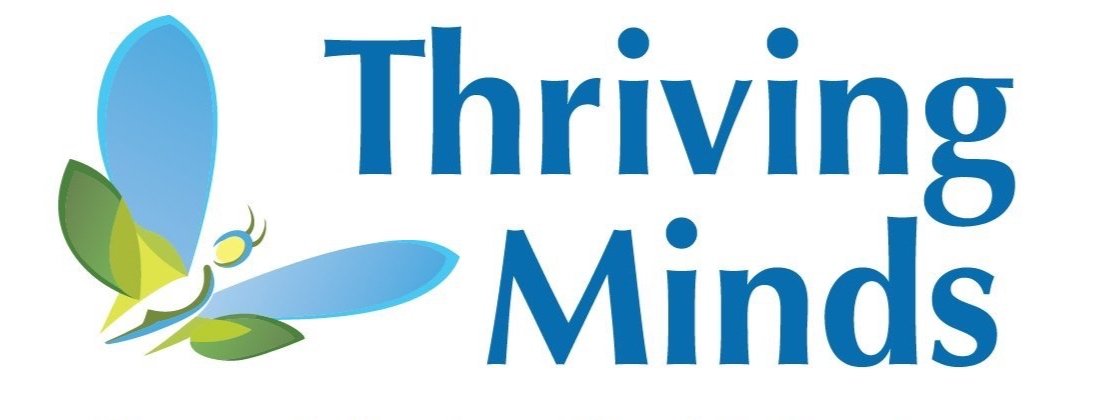Cultural Considerations in SM Treatment
When supporting children with Selective Mutism (SM), parents and educators play an integral role in treatment—from creating the right opportunities for bravery, responding to the child in times of anxiety, and providing encouragement to reach their goals. Just as every child’s voice is shaped not only by their personality and experiences but also by their familial and cultural background; so too are parents’ and educators’ interactions shaped by the same variables.
Intervention strategies for SM have largely been researched within the context of western populations and are indeed built upon western concepts and values. And yet, SM is more commonly diagnosed in children who are multilingual and/or multicultural (Slobodin, 2023; Elizur & Perednik, 2003) which may result in confusion and/or disconnect between 1) what providers recommend and 2) the natural social interactions and expressions surrounding the client. It’s therefore important to recognize how culture influences the way adults encourage and connect with their child/student with SM.
Parents everywhere want the best for their children, but the way that love and support is shown can vary. Similarly, educators work to cultivate relationships and guide their students’ development drawing from their cultural foundations too. Some cultures place higher value on independence through self-expression and speaking one’s mind while others highlight interdependence via family unity, community connectivity, and respect for parents/elders. Some cultures emphasize physical affection, others promote showing love through support and quiet encouragement, and others highlight expressed words of encouragement.
Let’s use the example of relationship building skills. In working with children with SM, therapists often teach strategies to build connectivity—importantly, this must be done in ways that don’t inadvertently increase anxiety (e.g., by asking too many questions or seeming too pushy or stern about speech expectations) while creating a strong bonded team that can withstand some of the uncomfortable parts of therapy. That is, if we are going to be asking kids to face their fears (albeit in a slow and gradual way), we know this can cause strain on the child’s relationships if they look to others to speak for them and find encouragement to be brave instead. So, we want them to be able to lean into a solid foundation of trust and encouragement, and this foundation is built up by relationship building skills using PRIDE skills:
Praise – Some individuals may opt for specific labeled praise (“I love how loud your voice was”), while others prefer subtle or nonverbal praise, like a smile or gentle touch. In addition to recognizing communication, we can choose to call attention to behaviors that correspond with cultural values like respect, helpfulness, or persistence.
Reflect – Reflection helps the child feel heard and understood. It’s important for adults to be able to mirror back what the child says, in whatever language or tone feels natural.
Imitate – Copying a child’s play shows interest. For some, imitating respectful gestures or actions may be just as important as imitating play.
Describe – Narrating what the child is doing (“You’re coloring so carefully”) shows that we are invested in what they enjoy and paying attention to them. Describing can also be a great “filler” since we are reducing expectations to speak at this point. For many, this can feel awkward or uncomfortable, so finding the right tone can be important.
Enthusiasm – Joy looks different across cultures—big, animated exuberance for some and quiet pride and a nod for others. What matters most is that the child knows you’re excited to be with them.
Recognizing the values and experiences of all the members of the child’s support team—parents, therapist, educators—helps us all to work together effectively and to help children with SM grow their bravery.
Citations:
Slobodin O. Beyond the language barrier: A systematic review of selective mutism in culturally and linguistically diverse children. Transcultural Psychiatry. 2023;60(2):313-331.
Elizur Y, Perednik R. Prevalence and description of selective mutism in immigrant and native families: a controlled study. J Am Acad Child Adolesc Psychiatry. 2003 Dec;42(12):1451-9. doi: 10.1097/00004583-200312000-00012. PMID: 14627880.

